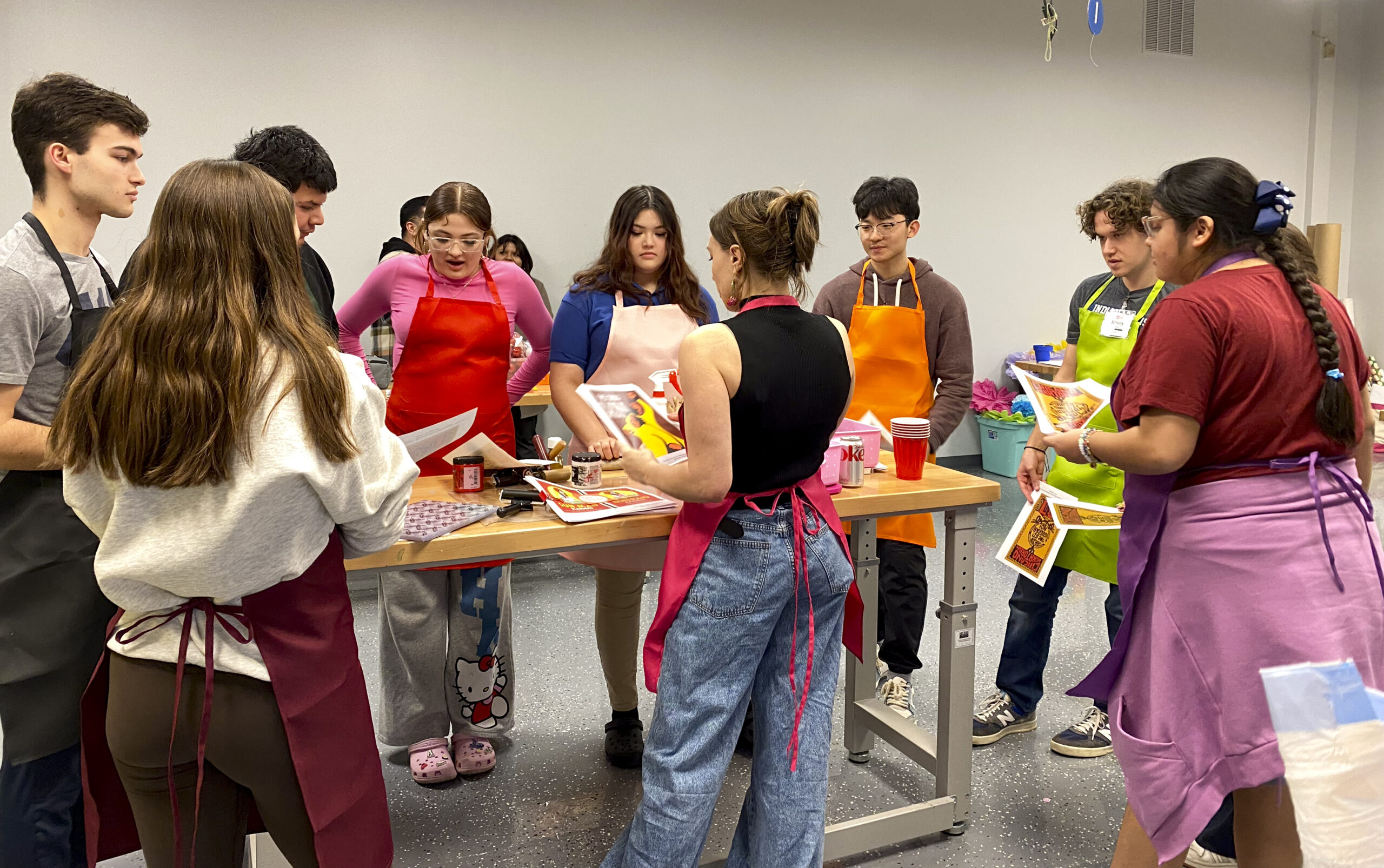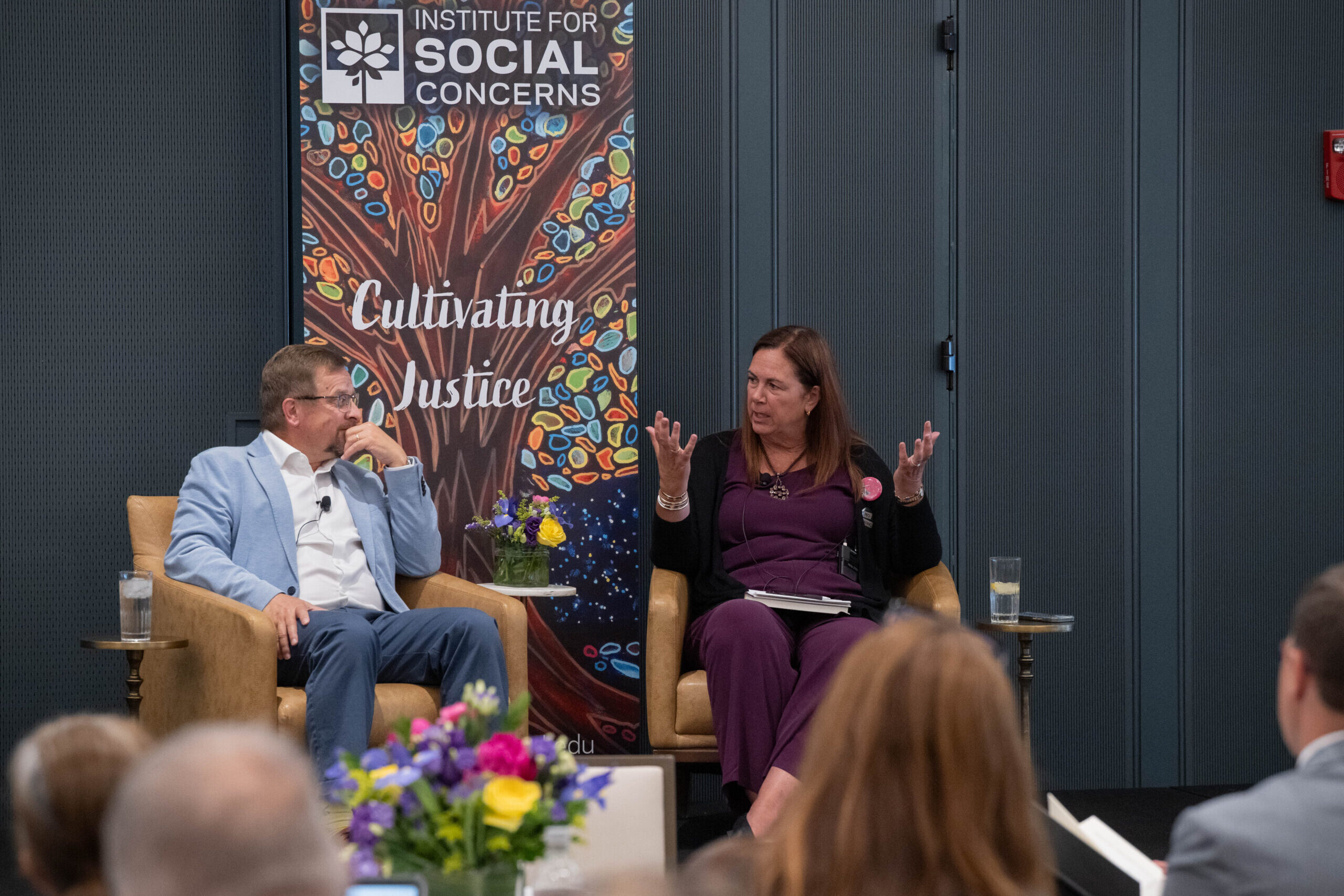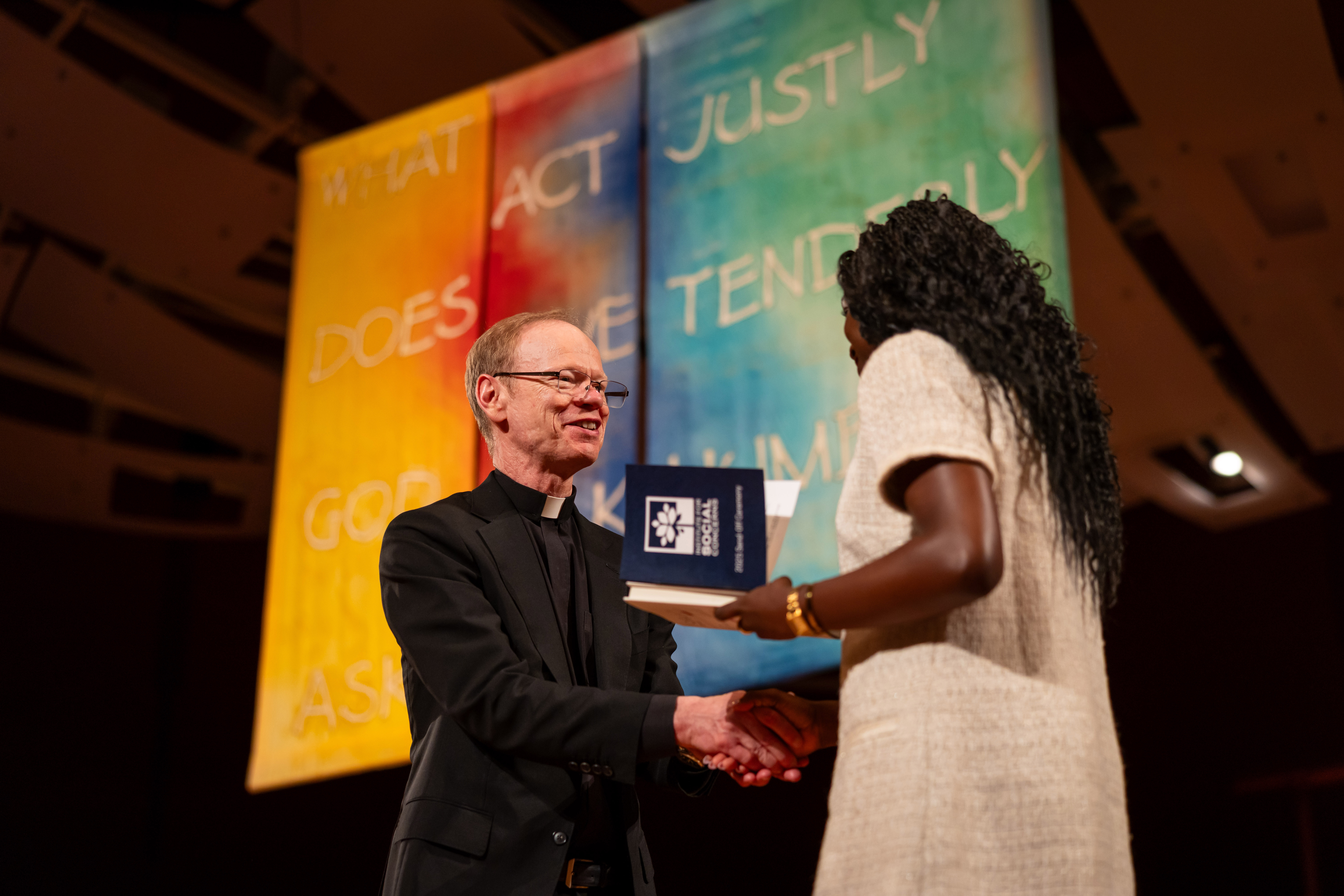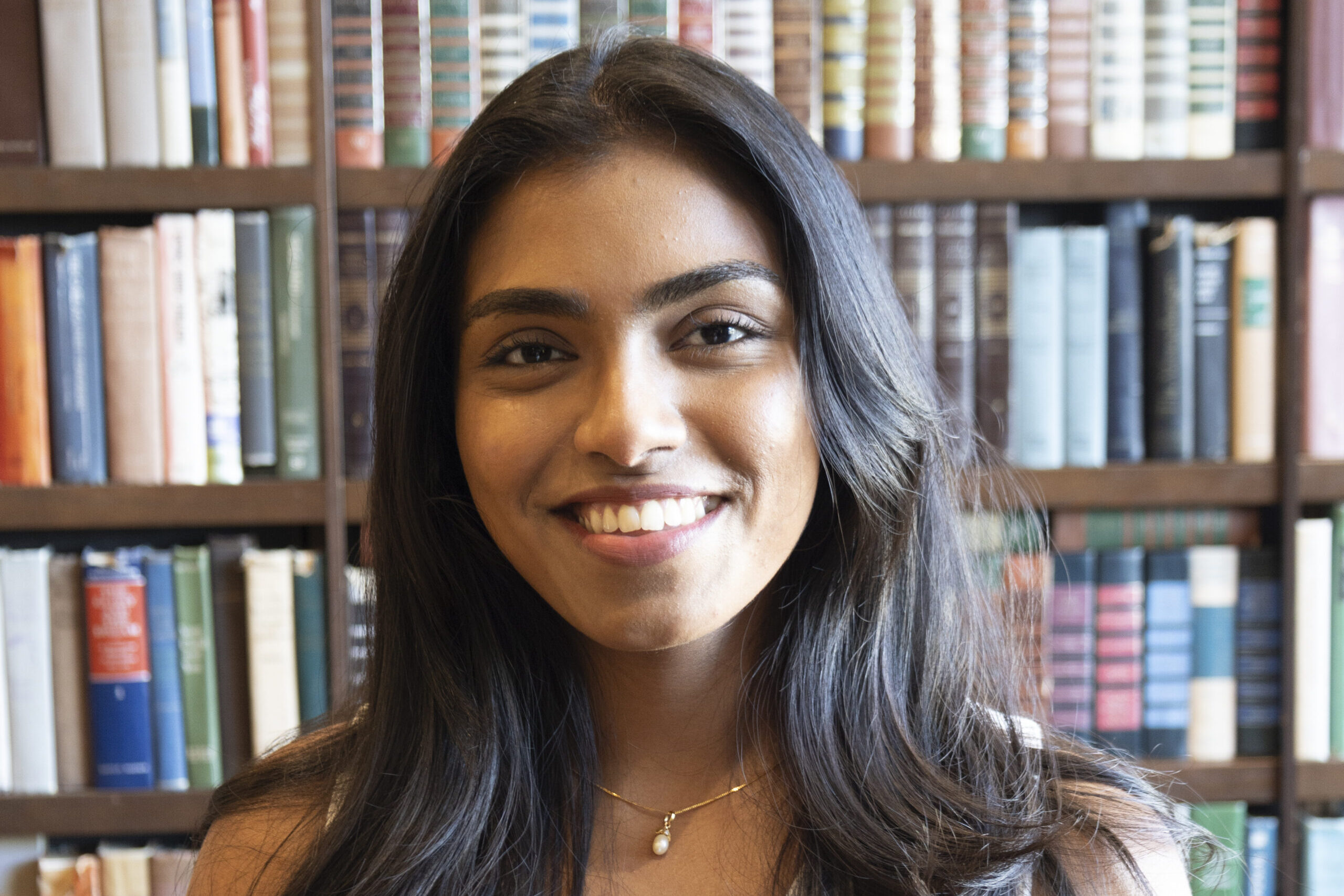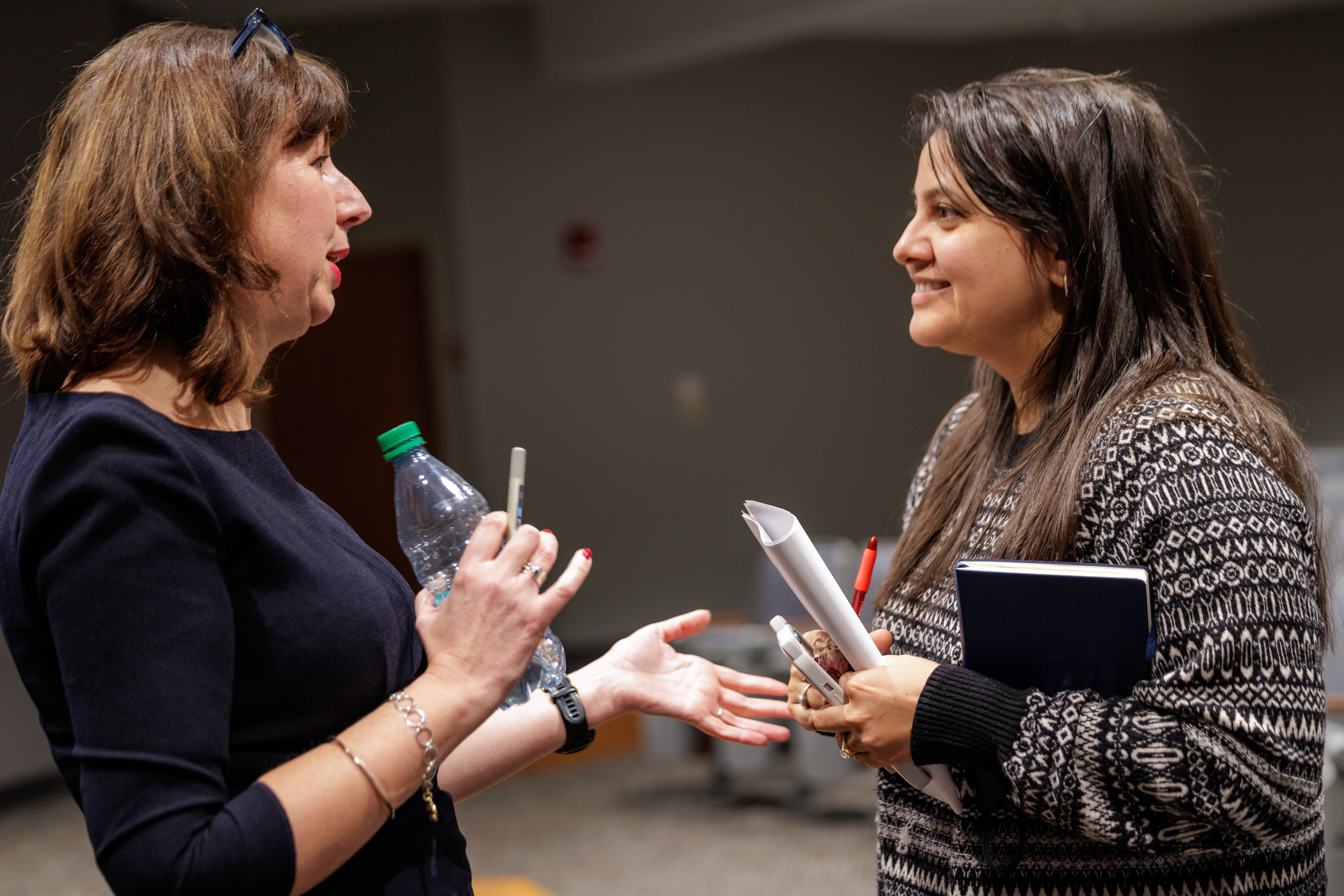Solidarity and the City taps into network of ND alumni, community partners
March 18, 2024
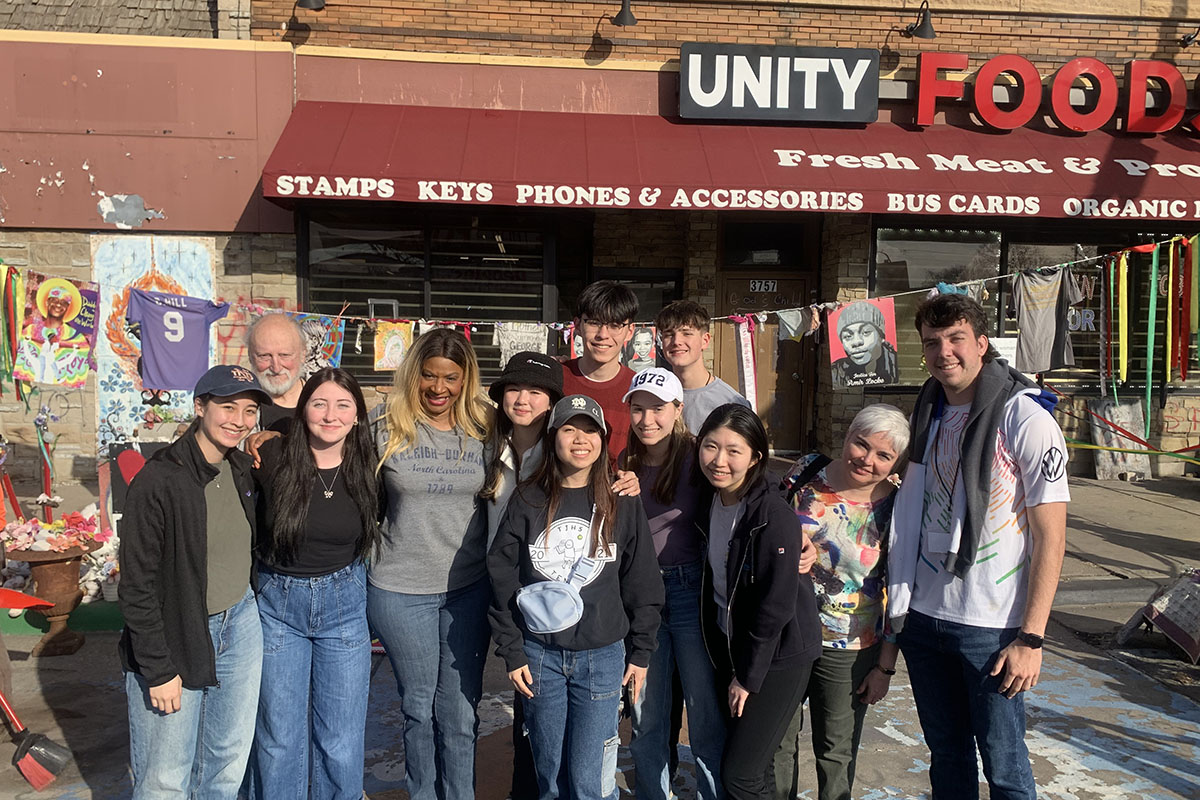
The Institute for Social Concerns course Solidarity and the City explores the principle and practice of solidarity in the context of U.S. cities.
During spring break, students travel to a city to learn and work alongside partners who are tackling issues such as the root causes of poverty and injustice in urban areas. The idea is to provide students with an opportunity to enter into solidarity with marginalized communities and consider how they can practice solidarity in their lives.
Putting together a meaningful and authentic experience for students enrolled in Solidarity and the City requires a robust network of community partners and Notre Dame alumni.
The Notre Dame Club of Minnesota is a prime example.
A team of eight Notre Dame graduates in the club collaborated with more than a dozen churches, nonprofit organizations, and government agencies in Minneapolis-St. Paul to develop a schedule for Solidarity and the City students who visited the Twin Cities from March 10-15.
“We packed their days full of experiences of solidarity and connecting with people,” said Marty Roers ’08 M.Div., one of the Minnesota alumni who collaborated in the planning for the students’ week.
“Our club uses the term ‘bumping’ — creating situations where students are bumping into, encountering, meeting, having conversations with folks that they normally wouldn’t,” Roers said.
“Those experiences are what change us.”
During the week, the students visited with guests at an emergency shelter, served and shared meals at soup kitchens, participated in a vigil in solidarity with immigrants, walked with residents of diverse North Minneapolis to learn about the community’s challenges and vibrancy, shared an iftar dinner at a Muslim cultural center, got a behind-the-scenes look at the Minnesota State Capitol, met with people running innovative organizations like The Lift Garage — a nonprofit that provides low-cost car repairs — and much more.
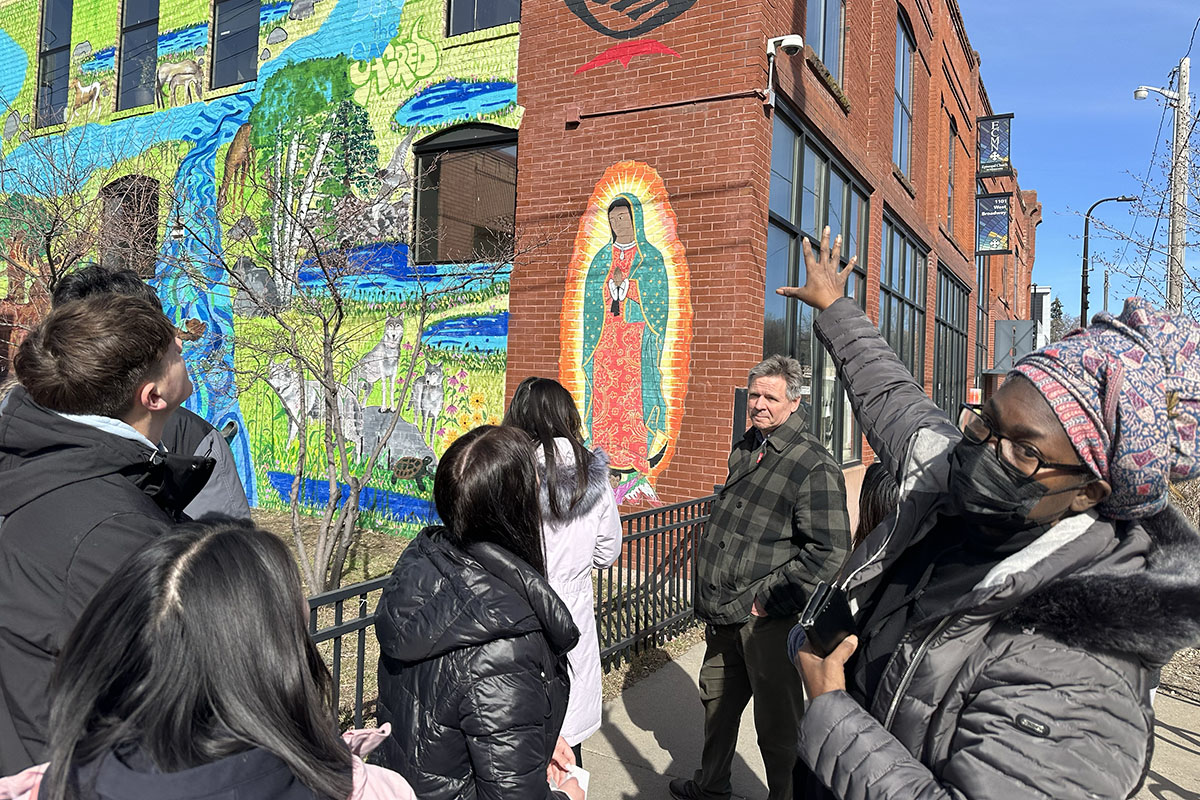
On Monday, for example, the students visited the site where George Floyd was murdered by a Minneapolis police officer in 2020.
“We didn’t plan this, but we bumped into the aunt of George Floyd who was there that afternoon,” Roers said. “She shared her memories and stories about George Floyd, including stories of when he was a little boy. The students were able to spend 20 to 30 minutes talking with her. She personalized George Floyd for the students.”
Another example came on Thursday, when the students had lunch at Peace House — a community that provides a safe space and a place to belong for all people who comes through the doors. That welcome is extended to everyone, including those who have been marginalized or challenged economically.
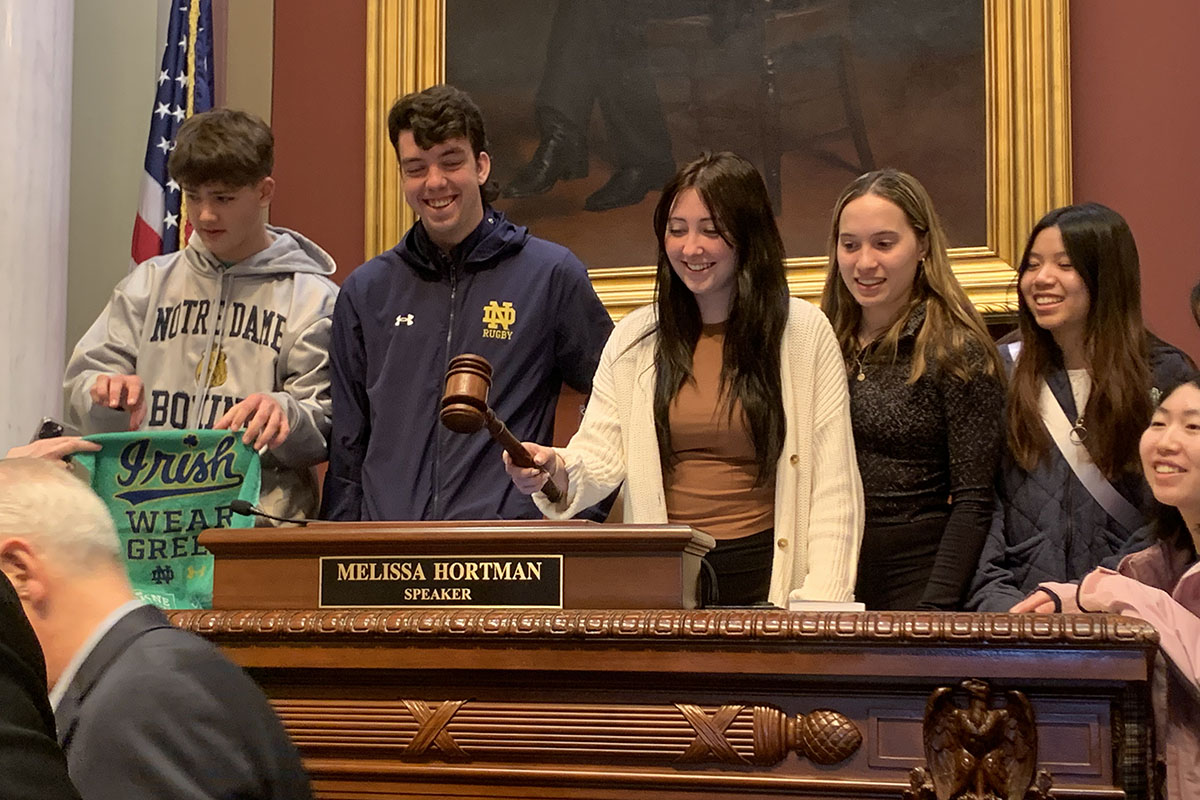
“It was absolutely beautiful to see how the students jumped in and created meaningful, deep connections with people at Peace House,” Roers said. “They shared a meal, talked, played games like Connect 4 and dominoes, and really connected with people there. Students experienced firsthand the beauty of ‘bumping’ through the simple, yet important, gestures of asking and listening to another’s life story.”
At least one Notre Dame alum joined the students at each site during the week.
In addition, they met with some alumni who are public figures: Alan Page ’67, a retired justice of the Minnesota Supreme Court and member of the Pro Football Hall of Fame, and Kelly Moller ’95, a prominent member of the Minnesota House of Representatives.
Tom Hayes ’75, another one of the Minnesota alums involved in planning for Solidarity and the City, said he felt proud to be a Notre Dame graduate while watching the students embrace the experience last week.
“I was extremely impressed by their sincerity, their intelligence, their ability to articulate their feelings, their compassion,” Hayes said. “They are amazing examples of what we hope Notre Dame students will be.”
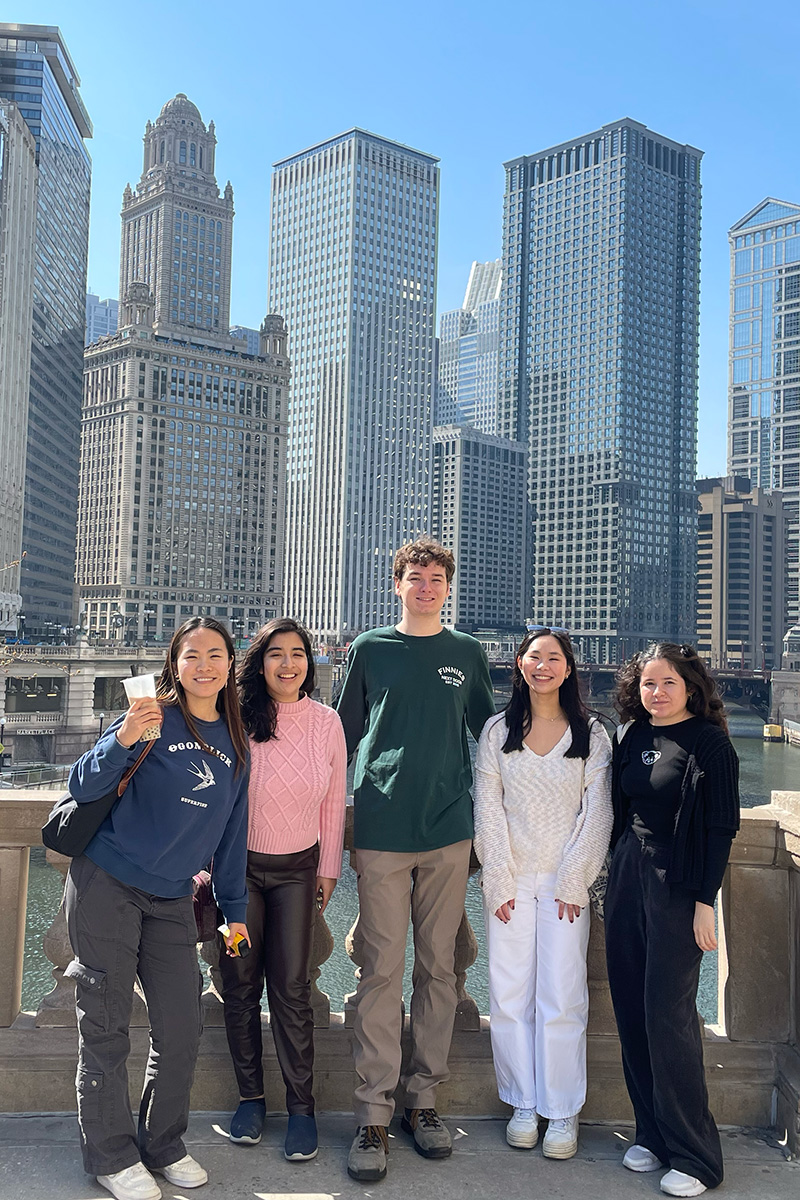
Solidarity and the City also relies on community partners outside of the Notre Dame alumni network.
Students who spent spring break in Chicago lived in community for the week at the Brother David Darst Center, which offers retreats and immersive experiences grounded in the Lasallian tradition and Catholic social teaching.
The students worked at food pantries, heard testimonies from people at homeless shelters, viewed bond court at the Cook County Jail, visited the Archdiocesan Gay and Lesbian Outreach of Chicago, and took a walking tour of Wrigleyville, North Halsted, and Lakeshore East to observe the similarities and differences between those neighborhoods. The group’s nightly talks included discussions of community-organizing tools for the issues they encountered.
“This group has been open to exploring the intersection of all these issues,” said Danny Warwick, program director at the Brother Darst Center. “And they’ve been open to being surprised, which is something I don’t see in a lot of groups.”
Learn more about Solidarity and the City.
Related Stories
-
Printmaking history—the institute partners with community to celebrate South Bend’s Latino heritage
-
Forming character through friendship—Virtues & Vocations conference promotes human flourishing in professional education
-
Go be justice—Sending off graduates to work for the common good
-
ReSearching for the Common Good: O. Amandhi Mathews
-
Toward a culture of encounter—Lecture series engages Pope Francis, Catholic social tradition

